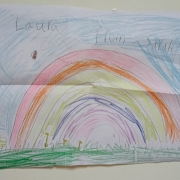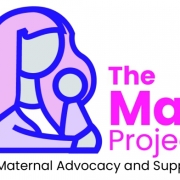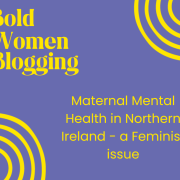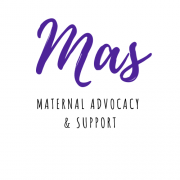As an art therapy student, I have a passion for advocating and working towards improved mental health and wellbeing and am particularly interested in the area of perinatal mental healthcare and the needs of mothers and their families in Northern Ireland. Having recently completed my dissertation on this particular subject, I was delighted to be offered the opportunity to complete my final placement of my course working with the women and project workers involved with the MAS Project. During my time here, I was able to offer one-to-one art therapy sessions as well as facilitate group art for wellbeing workshops across the centres. My experience with WRDA has been amazing and I can’t thank the staff and Mums enough for their warm welcome and kind encouragement over the past few months. I hope I can reconnect with you all again in the near future.
What is Art Therapy?
Art therapy is a professional form of psychotherapy which uses creative expression to facilitate a person’s communication, emotional exploration and develop greater self-awareness and insight. Art therapists require a Master’s degree in an approved program followed by registration with a governing body before they are legally qualified to practice in the UK.
Art therapy uses the creative process to help people resolve personal issues, develop coping strategies, manage distressing behaviours, reduce stress and improve self-esteem and awareness. As a form of therapy, it is still relatively unknown and often misunderstood in Northern Ireland however it has been proven effective in treating a wide variety of emotional and psychological conditions such as anxiety and depression, trauma, relationship concerns, dementia, learning disabilities and behavioural disorders to name a few.
A common misconception of art therapy is that it is similar to an art class however no previous skill or experience in art is required and it can be beneficial to anyone regardless of age or artistic ability. Art therapy can be a very powerful form of expression which can help communicate verbal and non-verbal emotions, process difficult or challenging experiences and uncover new and insightful self-discoveries.
What is Art for Wellbeing?
Creating and engaging with creative activities has been proven to have a significant positive impact on our mental and emotional wellbeing. It’s benefits have become so recognised that many GP’s and practices are beginning to offer ‘arts on prescription’ services to help support and maintain the positive mental health of their patients.
An art for wellbeing group offers the opportunity to connect, socialise and create in a fun and supportive environment which can offer a variety of benefits such as building a sense of connection to others, enhance emotional wellbeing and offers a sense of achievement through creating and making an image/object for yourself. Art for wellbeing groups can be tailored to focus on diverse themes, abilities and art activities which can enhance confidence, allow the development of new skills, reduce stress and improve mood. Art for wellbeing workshops should feel therapeutic however, they are not ‘art therapy’ in the literal sense.
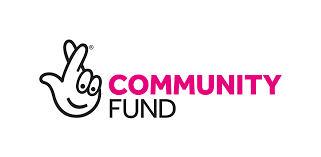
Project funded by the National Lottery Community Fund


